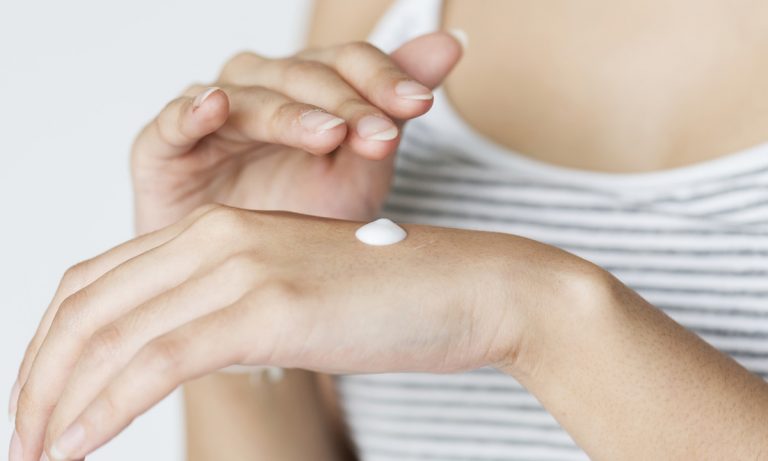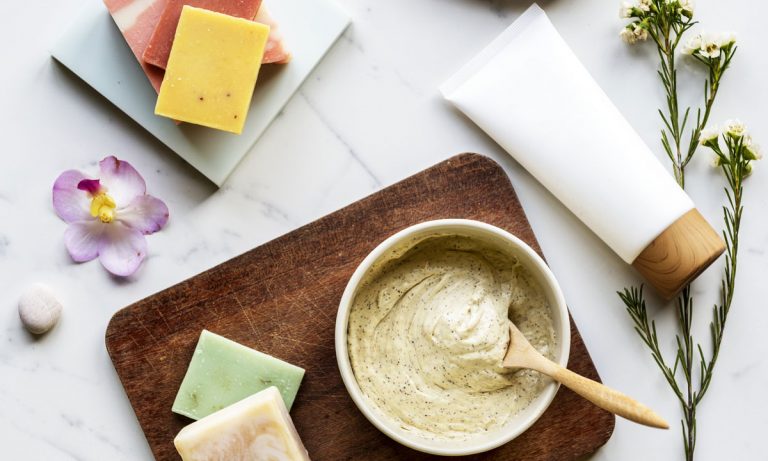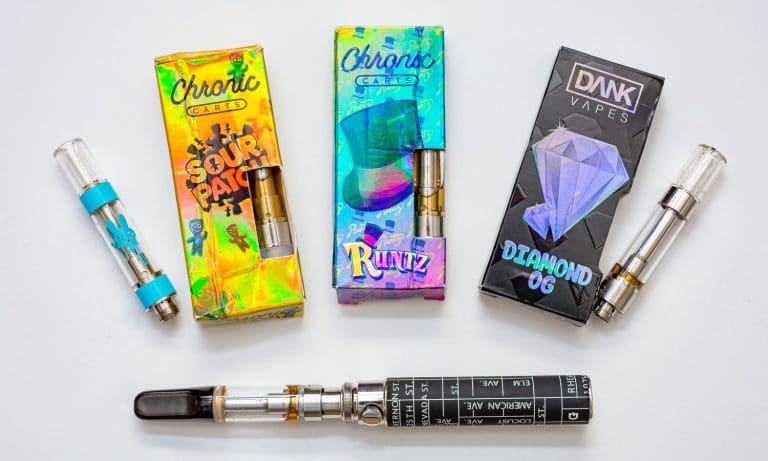9 States that could Vote to legalize marijuana in 2020
The numbers 11 and 33 come up quite often when the topic of marijuana legalization is discussed. Currently, 11 U.S. states allow the legal use of recreational marijuana, while 33 states have legalized medical cannabis. But those numbers could soon change.
Nine states could be on track to hold key votes on some form of marijuana legalization in 2020. Here are the states that could be next on the marijuana map -- and the stocks that could be poised to profit the most.
1. Arizona
Arizona is already one of the 33 states that allows the legal use of medical cannabis. An attempt to legalize recreational pot narrowly failed in 2016. At least one initiative to legalize recreational marijuana will again be on the state's ballot next year. The details in the proposals vary somewhat, but don't be surprised if one of them garners enough votes for Arizona to join its neighbors California, Colorado, and Nevada in allowing legal recreational pot.
2. Arkansas
It's a similar story in Arkansas, which has also already legalized medical cannabis. So far, two ballot initiatives have been filed with the Arkansas secretary of state's office with language proposing legalizing recreational marijuana. Whether or not either initiative can gain enough signatures to make the 2020 ballot in the conservative state remains to be seen.
3. Florida
The biggest pot legalization vote of all next year could come in the Sunshine State. Florida currently claims a fast-growing medical cannabis market, but efforts are underway to allow citizens to decide if they'd like to allow legal recreational marijuana as well. The chances of passage if the ballot includes at least one of the proposed amendments appear to be pretty good: A recent survey found that 67% of Floridians support legalizing recreational pot.
4. Idaho
Idaho doesn't allow the legal use of marijuana at all right now. But a petition has been filed with the Idaho secretary of state to put a proposal on the ballot in 2020 to legalize medical cannabis. Supporters of this initiative must collect 55,057 signatures from registered Idaho voters by April 30, 2020, to get the measure on next year's November general election ballot.
5. Mississippi
You know times are changing when one of the most conservative states in the Deep South could be on track to legalize medical cannabis. Mississippi appears likely to include an initiative to do just that in 2020 now that an advocacy group has gained the required number of signatures. While some state leaders oppose the effort, supporters think there's a pretty good chance that the measure will pass next year.
6. Nebraska
The Nebraska state legislature has voted down proposed bills to legalize medical cannabis three times. But it's possible that the matter could be decided by voters instead of legislators next year. Efforts are underway to gather enough signatures to include a proposal on the 2020 ballot for a constitutional amendment to allow the legal use and sale of medical cannabis.
7. New Jersey
New Jersey Governor Phil Murphy has tried -- and failed -- to fulfill his 2018 campaign promise to legalize recreational pot in the Garden State. But the state legislator could be ready to vote on the matter once again around the time of the November 2020 elections. However, it's also a possibility that the 2020 ballot could include a referendum for the state's voters to decide whether or not to legalize recreational marijuana.
8. North Dakota
North Dakota currently allows the legal use and sale of medical cannabis. But previous efforts to legalize recreational marijuana have fizzled out. That could change in 2020, with two groups working to include an initiative on next year's ballot to legalize pot.
9. South Dakota
South Dakota hasn't legalized any form of marijuana yet. However, an advocacy group has until Nov. 4, 2019, to collect the required signatures to put language on the 2020 ballot for the state to legalize medical cannabis.

Stocks poised to profit
The three most important states for investors to watch are Arizona, Florida, and New Jersey, each of which could be on course to legalize recreational marijuana next year. Two marijuana stocks that appear to be in especially good shape to profit should these states legalize recreational pot are Cresco Labs (OTC:CRLBF) and Trulieve Cannabis (OTC:TCNNF).
Cresco ranks as one of the largest cannabis operators in the U.S. It already operates medical cannabis stores in Arizona and has a binding transaction pending in Florida. Cresco is close to completing its acquisition of Origin House, the largest cannabis distributor in California that also markets several of its own recreational cannabis brands. Should Arizona and Florida legalize recreational pot, Cresco would almost certainly expand its operations significantly in both states.
Trulieve Cannabis is currently the 800-pound gorilla in the Florida medical cannabis market. The company plans to increase its medical cannabis stores in the state to 44 by the end of this year. Medical cannabis alone presents a solid growth opportunity for Trulieve. Unsurprisingly, though, the company has contributed to efforts to put a constitutional amendment on Florida's 2020 ballot to legalize recreational pot. If the state's citizens have the opportunity to vote on the issue, Trulieve's potential market could increase dramatically in the not-too-distant future.







